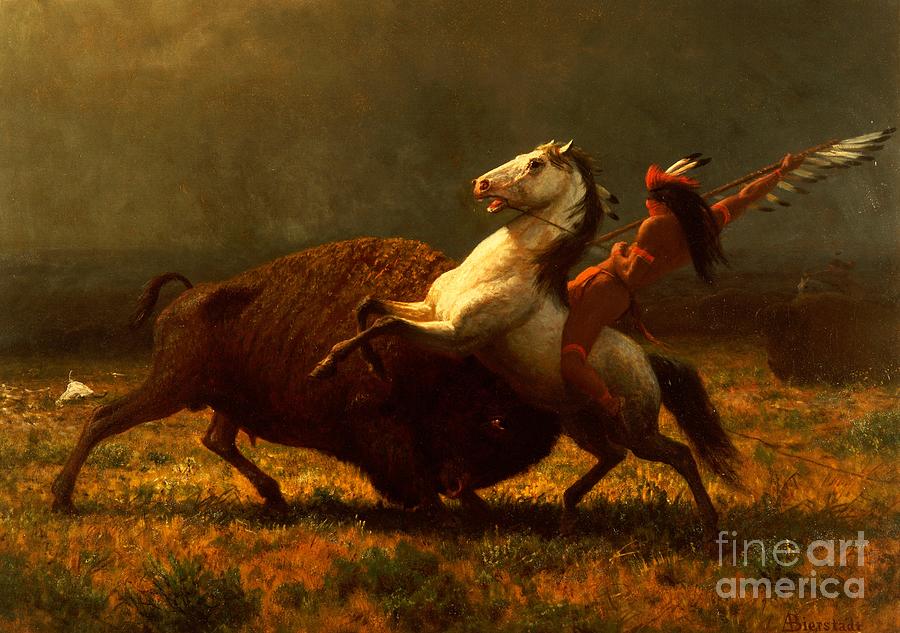“He grants peace to your borders
and satisfies you with the finest of wheat.”
I live in a pretty thoroughly conservative camp. All of Iowa is, really, but the far northwest corner has more conservatives per capita than any other region. A town not so far away—Doon—was recently determined to be the most hard-core conservative burg in the state. Here, people used to say Democrats held their party caucuses in a phone booth. That was when there were phone booths.
In August of 1932, just south of here, farmers—hundreds of them—blockaded roads to prevent other farmers from delivering produce—milk, their hogs, their cattle—to the powers that be in the dairies and stockyards of Sioux City. Not particularly conservative.
They weren’t conservatives, and they weren’t nice. They were followers of a rural swain in bright red neckties and a ten-gallon hat, an advocate for the rural life, a man named Milo Reno, who had almost single-handedly established an outfit called “The Farmer’s Holiday Association,” a kind of farmer’s union that had nothing to do with holidays and everything to do with strikes—like the one created on the highway just south of here.
What granted Reno power was the Great Depression, then on-going. Prices flat-lined, bankers foreclosed, men were out of work, people went hungry. Every town in the corn belt had a squatter’s camp of beggars and vagrants, who were going anywhere to find a job.
"The most amazing and confounding situation in the history of the world,” Milo Reno told his followers, “people starving in a land with an abundance of food; naked, because of a surplus of clothing; people bankrupt in the richest nation in the world." Milo was no friend of big business.
In 1920, national farm income stood at 15.4 billion; by 1932, it had fallen to 6.7. In just a year and a half, between April 1931 and December 1932, those numbers fell by half again.
The Thirties were dirty too—way, way dirty. Black Sunday brought parched soil up from Oklahoma and Kansas in a horrid, black cloud. Temps stayed over one hundred degrees for weeks, turning verdant soil to the kind of the dust the wind blows away.
Just down the road in 1933—it’s impossible to imagine today—a mob of farmers grabbed a judge off the bench in the middle of a foreclosure hearing, dragged him outside, blindfolded him, hauled him off on a flatbed to a place north of town, where a noose was strung from a tree. A greasy hubcap was jammed on his head for a crown. Those bibbed toughs wanted the judge to promise—to sign a paper—that he would not carry out any more farm foreclosures—not one. The judge refused.
So they roughed him up some more and de-pantsed him, left him in his birthday suit, greasy and dirty, just outside of town. They didn’t hang him. Not nice, and it wasn’t pretty.
You have to wonder how those angry men would have read this line from Psalm 147: “He grants peace to your borders and satisfies you with the finest of wheat.”
I’m sure there were times when they wondered where God was in the dark and dusty tumult of the Great Depression, when there was no wheat, no crop at all, no grain for the animals.
“Trust in the Lord,” some neighborhood conservatives might have scolded, as if putting stock in this Milo Reno character was wickedness. But life is often more complex than those who quickly wield the Bible’s truth would have us believe.
“Trust in the Lord” is never be half-truth, but faith is not resignation. Peace is not borne, ever, from passivity.















.JPG)







